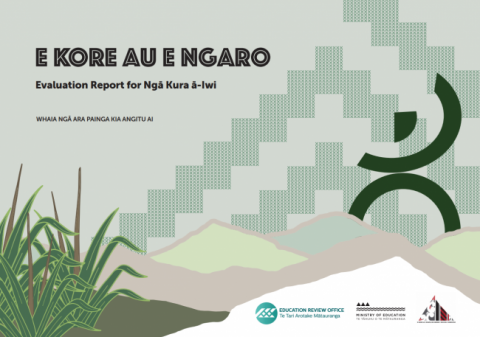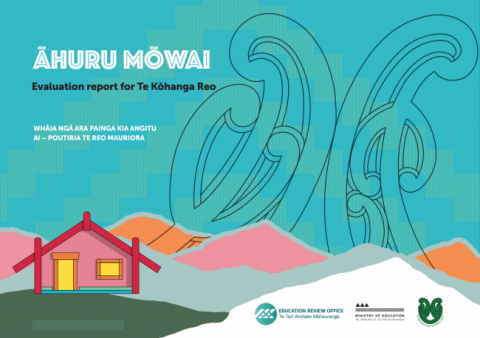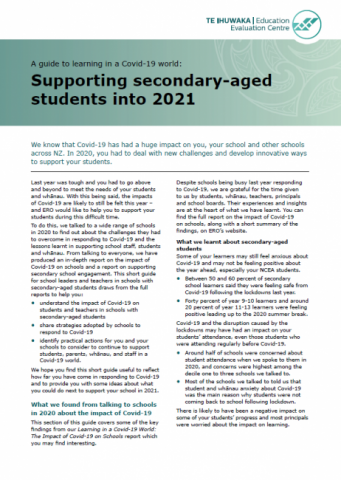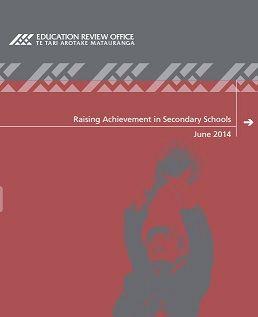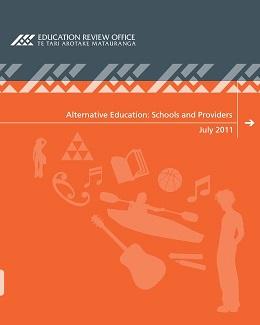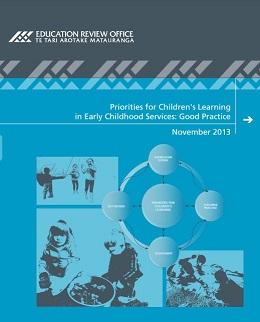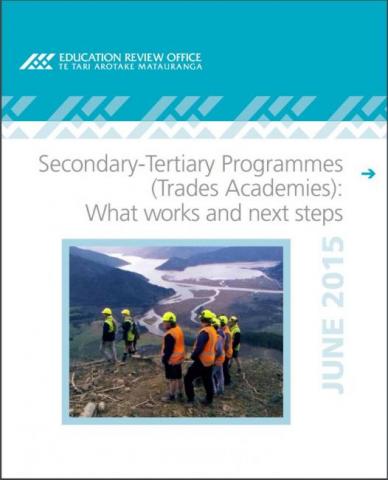Bullying Prevention and Response: Student Voice
Published: 13 May 2019
This report presents our findings from a student survey about how well their schools prevent and respond to bullying.
- Audience:
- Parents
- Schools
- Content type:
- Research
- Topics:
- Bullying
- Students
- Negative behaviour




